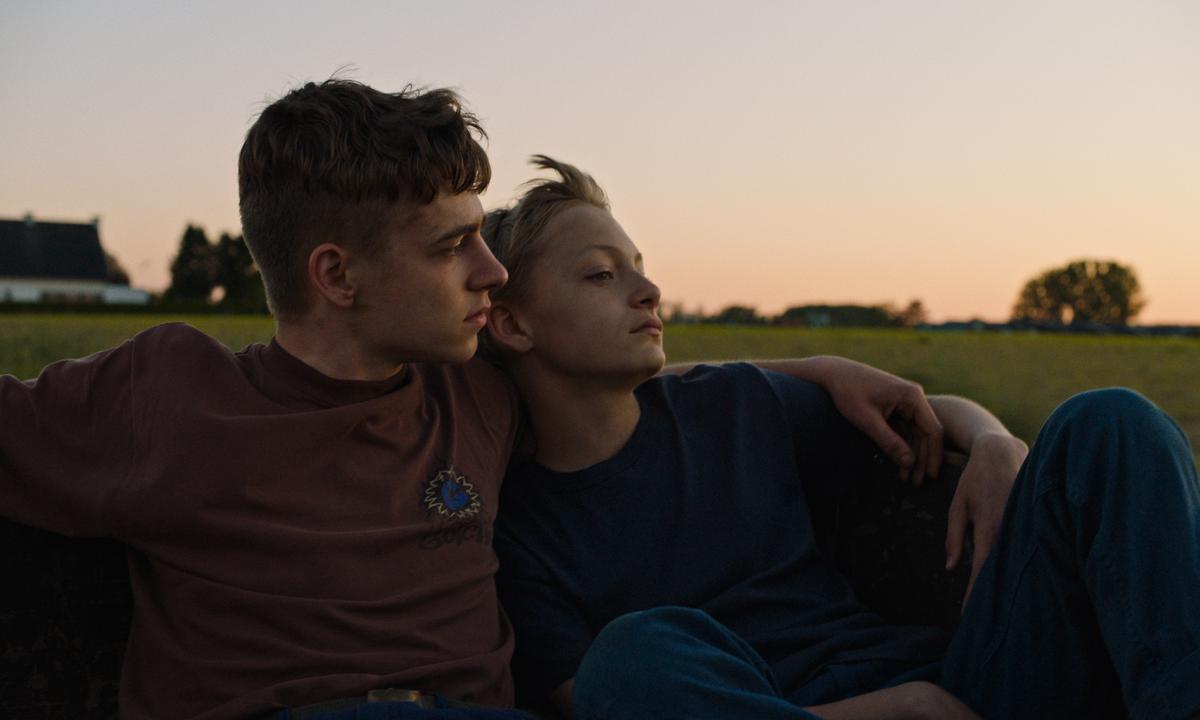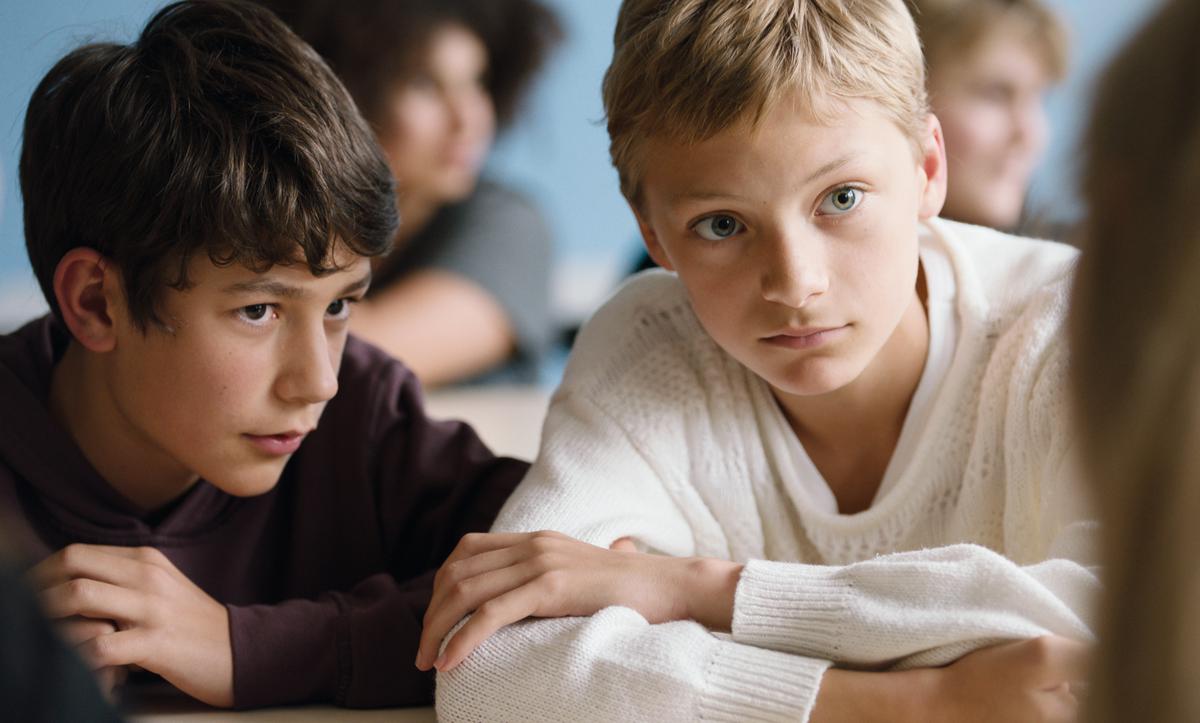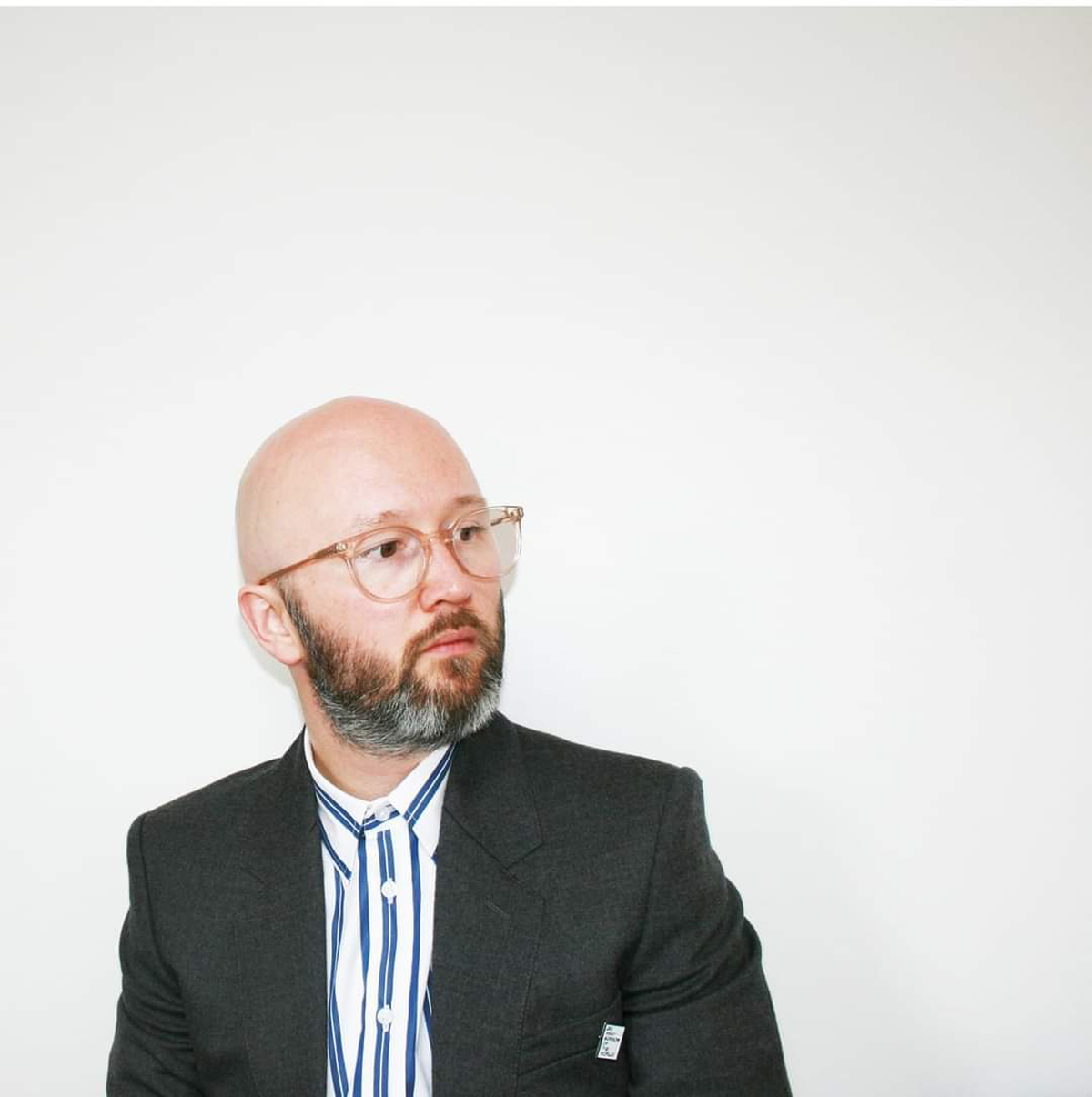The Belgian film, Close, which won the Grand Prix at the 2022 Cannes Film Festival, portrays the friendship between two 13-year-old boys, Léo (Eden Dambrine) and Rémi (Gustav De Waele). The film, director Lukas Dhont says over a video call from London, is about the connection between these two boys. “It is about intimacy, which is often confused with sexuality. When we see men close together on screens or in stories, they are either strangling or stabbing each other.”
There was another working title, Dhont says. “It was a Walt Whitman quote, “two boys clinging together”, which was what the film was about — two boys clinging on to what is left of this almost Eden-like moment. The title was too long, and when Close came up as an option, it made complete sense.”
Making the personal universal
Angelo Tijssens, who Dhont worked with on the screenplay, quotes a Belgian poet, who talks about making a personal experience as universal as possible. “When we were writing and working with the actors, it felt like there were constantly new people coming on board to tell this story to the broadest possible audience. While the core of Close comes from us, there is a connection with audiences worldwide now that is one of the biggest gifts that we got from making this film.”

A still from Close
Close, Dhont says looks at how we as a society separate young men from an early age. “We have constructed a vocabulary around masculinity that is about independence, being distant and competitive, a ‘Lord of the Flies’ narrative.” We do not value the connections between young people, the 32-year-old director says.
“As a society, we murder beautiful friendships. When we tell these young men not to listen to the language of the heart, we make them performers. When we break that connection to the heart, we also create a rupture in ourselves. Close refers not only to the importance of connections to another, but also to staying connected to ourselves,” says Dhont.
Casting Close was a mammoth task involving all-day workshops. “We knew that we would need two 13-year-olds to play these incredible leads and we looked in many schools in and around Brussels,” Dhont says. When travelling on a train from Antwerp to Ghent, he observed a young boy talking to his friends. “When I saw his expressiveness, and his body language, I realised that this can be the Léo we were looking for.”
Collaboration joys

A still from Close
This is Dhont and Tijssens’ second collaboration after 2018’s Girl, which won the Caméra d’Or at Cannes in 2019. When asked about the pros and cons of collaboration, Tijssens says, “Sometimes you want to smash each other’s brains, but most of the time it is a constant conversation. We write together, and I am air-quoting here, because we mainly we sit around the table, and talk about what Lukas wants.”
These early seeds, Tijssens says, lead to bigger and broader conversations. “We ask and rephrase the questions again and again and then when we think we have something, we both write a version of the screenplay. We read each other’s version, and then start over. Feeding off each other and having that relationship of trust that allows you to rip your chest open, put your heart on the table and say, ‘this is what I want to talk about’, is important.”
On the cusp
Like Girl, Close is also about young people on the cusp of adulthood. “Young people are always at the beginning of something, Tijssens says. “Old people are too but there are more beginnings when you are young. To talk about those transformative moments with our audience, gives us a chance as writers to think about our own transformative moments and the choices we’ve made, the regrets that we have, the pain that we felt or the joy that we lacked.”
Looking back, Tijssens says is to hope to look ahead. “Close, for example, is also a story that I wish had existed when I was 12-years-old. My teenage years and my adulthood would have looked completely different if this story had existed then.”

Angelo Tijssens, who worked with Lukas Dhont on the screenplay for Close
Cinema was a way for Dhont to disappear when he was younger. “I thought I wanted to make films about dinosaurs, zombies, vampires, and sinking boats. I realised quite late that I wanted to use cinema as a way to confront my reality, rather than escape it. In my reality, I was this person with the body I was born in which came with a set of rules and expectations that I felt I couldn’t live up to.” As he grew older, Dhont realised this was not an experience he alone felt, that there were others who felt the same. “I wanted to speak as a young person confronted with these rules, biases and labels. That perspective of the world was one I urgently wanted to show.”
The coolest part of the Oscar nomination for Best International Feature Film (won by All Quiet on the Western Front), according to Tijssens was that it puts Close in a global shop window. “With this small story, we can reach an even broader audience and more people will have conversations about their friends and the friendships that they might have lost, the intimacy or the lack of it or the grief that they felt.”
Close is currently streaming on MUBI
For all the latest Entertainment News Click Here
For the latest news and updates, follow us on Google News.
